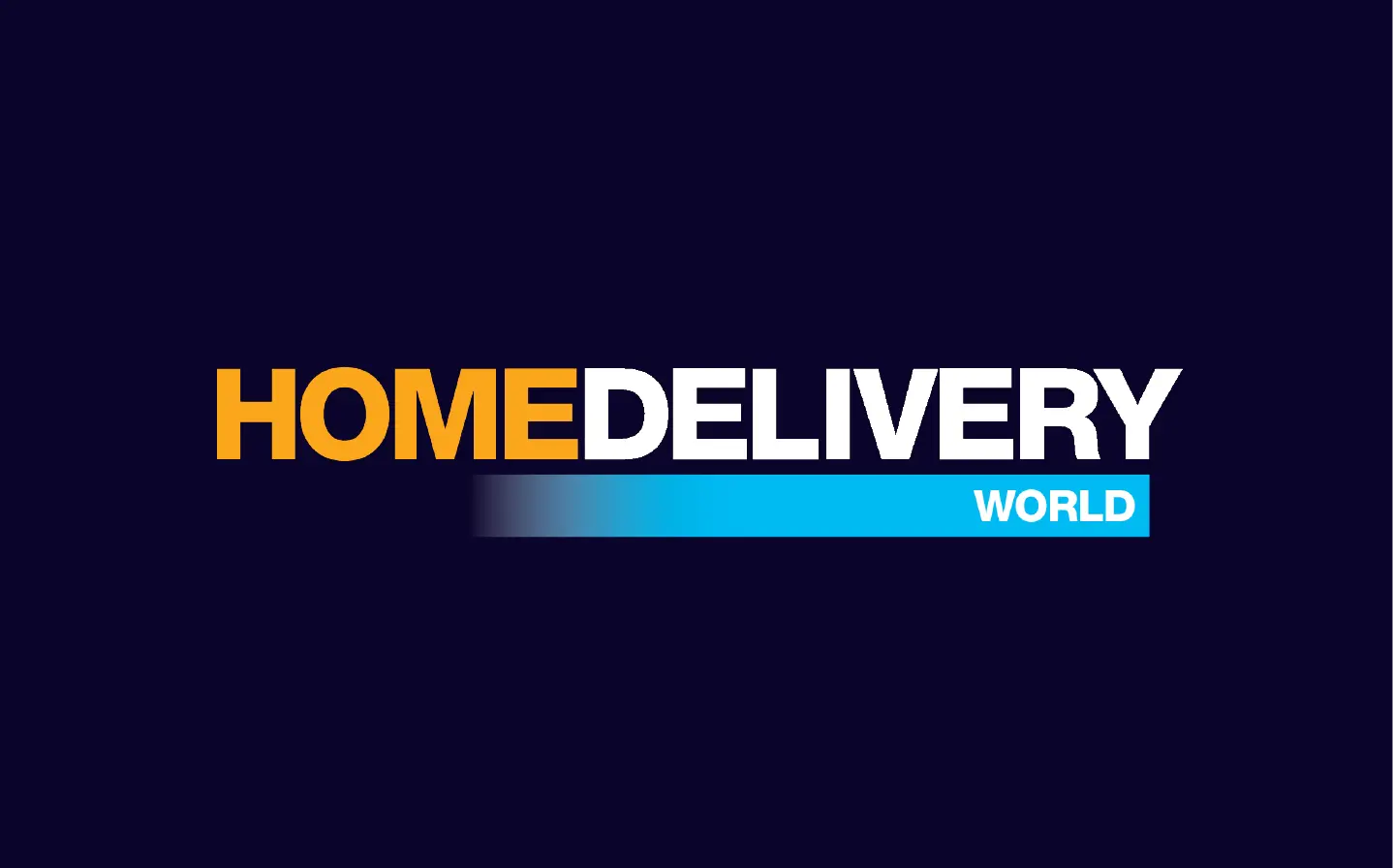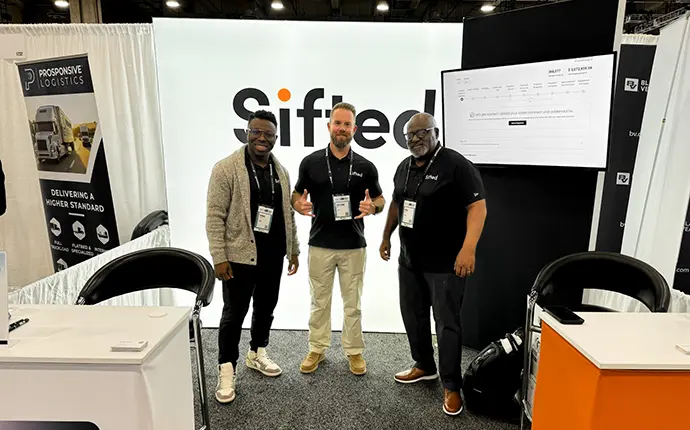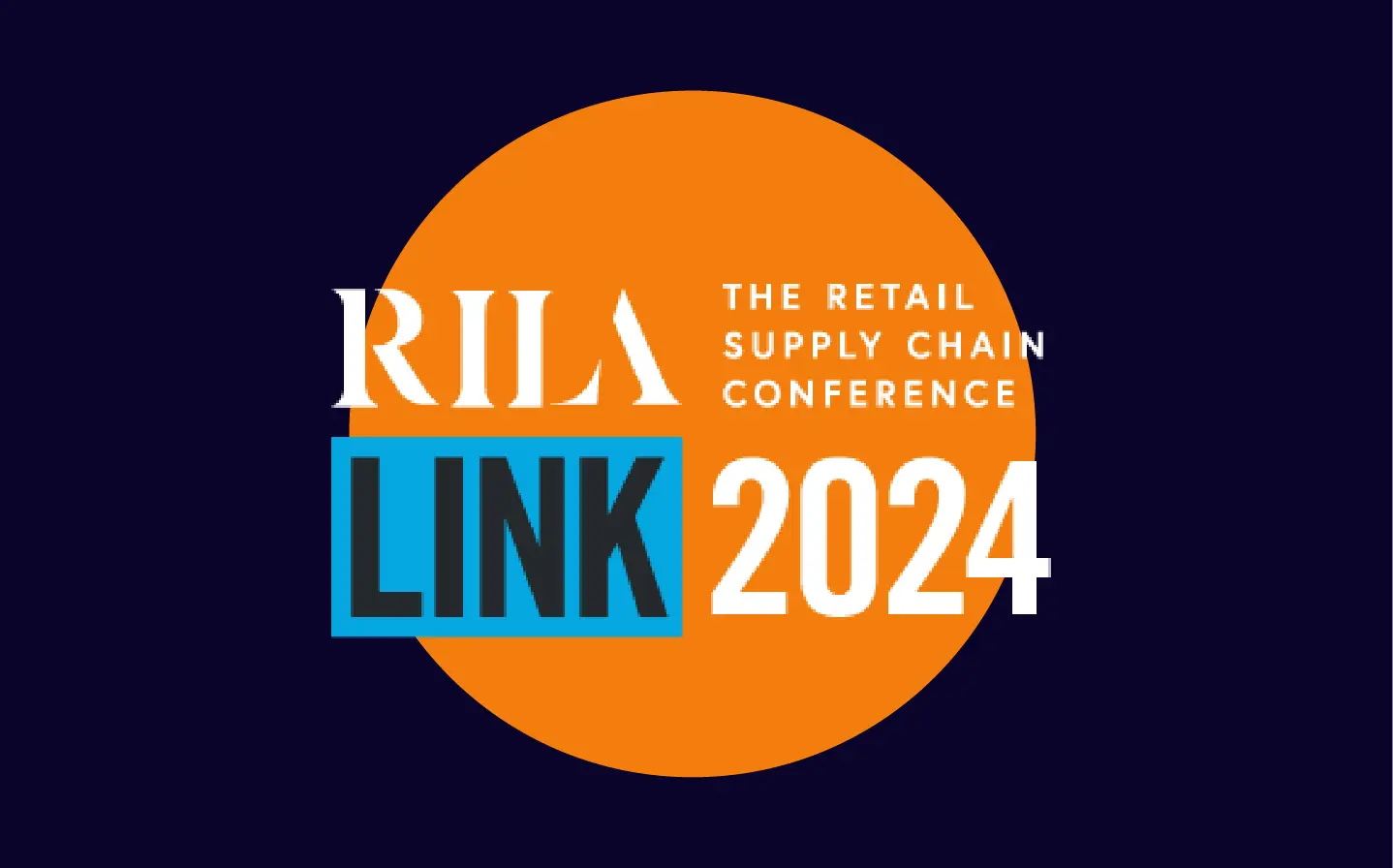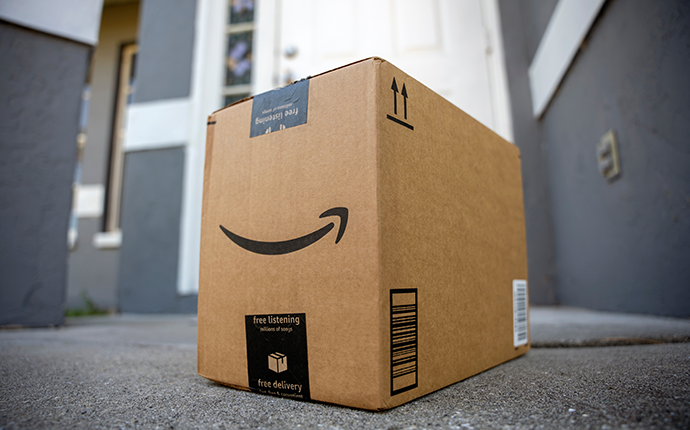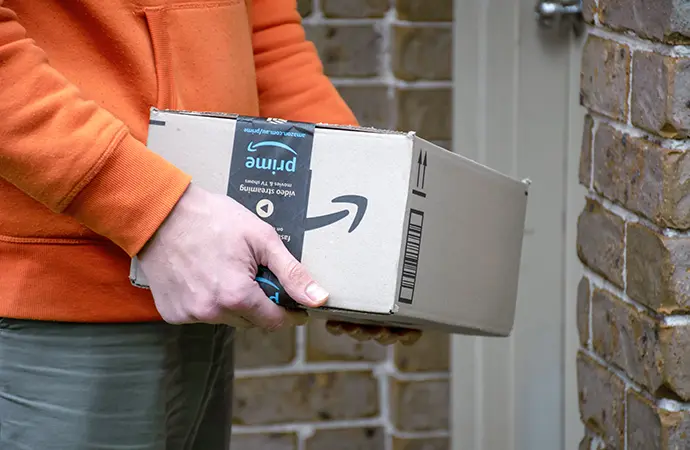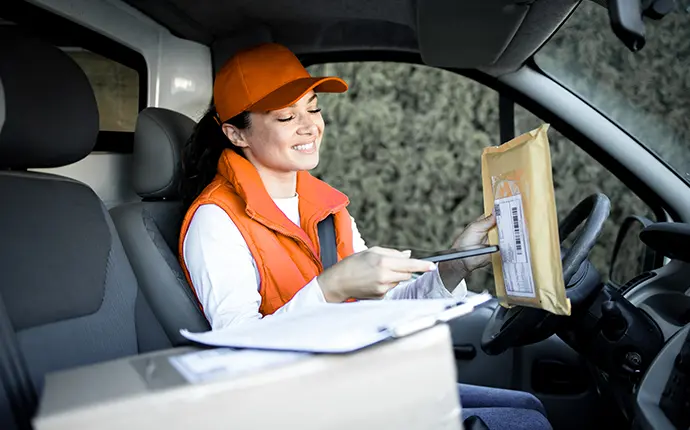What is kitting?
Kitting is the process of grouping and packaging two (or more) related products and shipping them as a single item. The packaged bundle or kit is readied for shipment beforehand so that the shipping process can be expedited once a customer places an order.
According to a 2019 Avionos report, 62% of online shoppers consider delivery speed the most important factor of a positive shopping experience.
When properly executed, kitting can help businesses increase sales, reduce shipping costs, and speed up fulfillment.
In this article, we’ll take a closer look at what kitting is and explain why kitting is important for eCommerce businesses wanting to increase sales and make fulfillment processes faster.
Warehouse Kitting
Warehouse kitting is an inventory management strategy used by companies to speed up the process of picking, packing, and shipping orders. The objective of kitting in the warehouse is to assemble and pack a set of complementary items into a single SKU that can be sold to customers.
Here are some common examples of products that are kitted:
- Subscription boxes (Shaving kit—shaving razor, shaving brush, shaving cream, and after-shave balm)
- Gift sets (Cosmetics—lipsticks, eyeliner, mascara, and concealer)
- Buy One Get One Free (Fast moving consumer goods such as beverages, batteries, and toiletries)
- Sporting goods kits (Basketball kit—jersey and shorts)
- Furniture kits (Wooden unfinished chairs and tables)
- Spare parts (Automobile—Oil filters, fuel filters, fan and alternator belt, and sump plug washers)
Kitting is usually adopted by companies that sell products that are often ordered together. By turning these items into kits, warehouse staff can quickly locate the bundled items instead of assembling individual items for each customer order. As a result, you can make your order fulfillment operations more efficient, save time, and increase worker efficiency.
The kitting process mostly occurs at warehouses and is a must-have feature of any robust Warehouse Management System.
Product Kitting in eCommerce
eCommerce fulfillment can be stressful and complicated for many online sellers, and kitting can help you overcome some of these challenges by optimizing warehouse and inventory management workflows.
According to a Harvard study, Nintendo used the product bundling strategy to increase its sales by approximately 100,000 units.
Kitting is a powerful marketing tool for eCommerce businesses to increase their average order value. Online retailers can sell more products to a single customer instead of selling the items piece by piece. Moreover, you can use your online store to create “mix bundles” of similar items to create sets, bundles, and ’Buy One Get One Free’ deals.
Similarly, you can increase the sales of slow-moving products by bundling them with high-demand items and selling them as a package deal. Customers buying top-selling products will view the bundle as a better value and are more likely to go for the deal.
Kitting Services
eCommerce businesses are always looking for ways to streamline their order fulfillment processes. By enlisting a third-party logistics (3PL) provider, you can tap into their expertise in handling kitting services. It helps you focus on core business activities like sourcing and sales.
Similar to warehousing, picking, packaging, inventory, supply chain management, and delivery, kitting is a standard service provided by many 3PL companies. They have the resources and trained labor to efficiently group, package, and ship individual products in a single unit. That way, you don’t have to worry about kitting errors and quality issues.
3PLs also use the latest technology to anticipate variability in customer demand, so you can scale your warehouse space up and down according to your needs.
As 3PLs work with many businesses simultaneously, they can achieve economies of scale. As a result, they bring down the costs of packaging and shipping for their clients.
What are the benefits of kitting?
Let’s take a closer look at the key benefits of kitting in order fulfillment.
Increased warehouse efficiency.
Kitting helps businesses simplify their inventory management tasks by reducing the number of SKUs. This makes it easier for warehouse workers to organize inventory and minimizes the risk of human error.
Compiling individual products into a single kit also frees up a significant amount of warehouse space that is otherwise wasted.
Similarly, when employees can quickly pick up and move pre-made kits to the shipping station, all that is left to do is put the correct label on the package and ship it out of the facility when a customer order is received. For this reason, kitting increases operational efficiency and productivity.
Lower labor costs.
With product kitting, eCommerce businesses can group similar products into a single bundle. Pre-sorting kitted items reduces employees’ walking time in the warehouse as they don’t need to pick and pack items individually. For this reason, kitting helps them increase workforce efficiency and reduce labor costs. From an ROI point of view, you can shift these labor resources to more vital and value-creating activities.
Increased product sales.
Product kitting allows eCommerce businesses to increase average order value and boost sales. It encourages your customers to try slow-moving or debut products by offering them together at a discounted price.
Kitting is also a feasible sales strategy if you sell on online marketplaces such as Amazon. By creating new SKUs from existing products, you can increase the likelihood of your products showing up in search results, maximizing your exposure and sales on the platform.
Simplified shipping process.
Unless you offer personalized kitting, you can preassemble product kits in bulk and store them at the warehouse. As a result, when the customer places an order, your staff can quickly pick up an assembled kit and send it directly to the shipping station for labeling. This way, you’ll save valuable time and streamline your fulfillment operations.
In addition, when you bundle multiple items in a single package, you reduce shipping costs compared to if you shipped products individually.
One of the major causes of returns is customers ordering incompatible parts by mistake. Kitting reduces returns by shipping the right complementary products as a package, improving order accuracy, and increasing customer satisfaction.
The Kitting Process
Here are the four steps involved in kitting, from individual products to bundled packages at your customer’s doorstep.
- Determine the individual components of a kit. First, you need to know what items will be kitted together. For example, gaming consoles with controllers, movie box sets, and pencils and notebooks.
- Group individual components and package them. Assemble individual items so they can be packaged together. Depending on your packaging and aesthetic requirements, you can use cardboard boxes, compartmentalized plastic bags, or both.
- Create a unique SKU for the kit. Assign a new SKU name to the bundled product. This way, you can easily track stock levels and sales trends through your inventory system.
- Receive orders and ship to customers. Ship the kits to the fulfillment center like you would with any other individual SKU. Once kits have been prepared, they will be packaged into larger shipping boxes or shipped directly to customers.
Analyze relevant shipping data with Sifted Logistics Intelligence
Kitting can add value to eCommerce businesses by increasing revenue and reducing costs. Enlisting a 3PL fulfillment service with expertise in kitting will allow you to fulfill your orders effectively.
Keeping track of order fulfillment and necessary shipping data can be challenging to do manually. Sifted Logistics Intelligence offers tools for shippers to analyze shipping data and find ways to reduce costs.
Ready to reduce your eCommerce store’s shipping costs? Get a free demo of Sifted!
